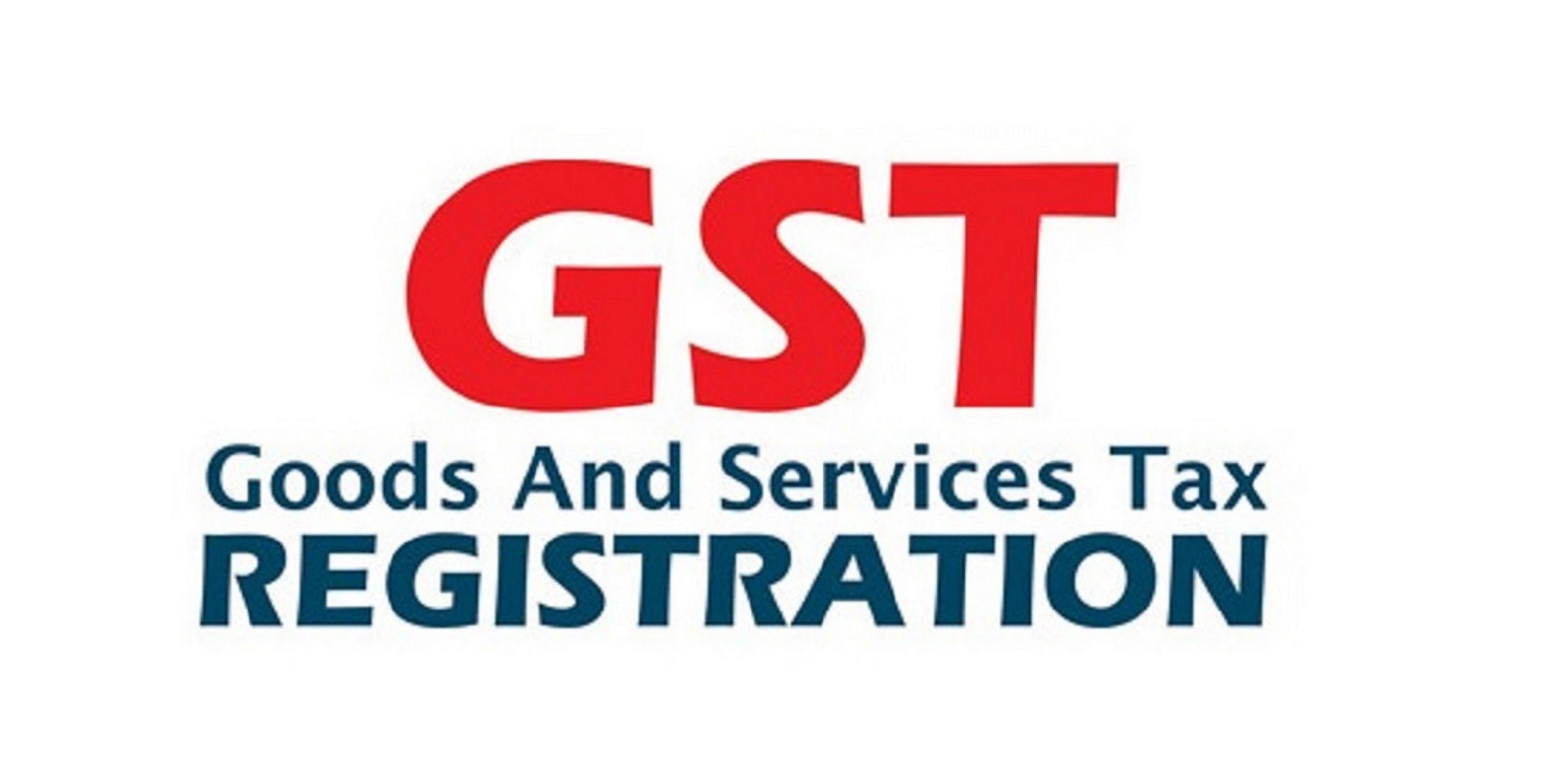CFO Account & Services: Your Relied On Partner for Hassle-Free GST Registration in Singapore
CFO Account & Services: Your Relied On Partner for Hassle-Free GST Registration in Singapore
Blog Article
Throughout: A Comprehensive Overview of GST Enrollment and Just How to Successfully Register Your Service
Navigating via the detailed procedure of GST registration can be an essential action for any kind of organization looking to establish conformity and legitimacy out there. Why choose CFO Account & Services for GST registration in Singapore. From understanding the basic concepts of GST to fulfilling the eligibility criteria and collecting the essential documents, the trip towards effective registration can usually look like a daunting task. Nonetheless, with the right support and understandings, services can improve this process and unlock the benefits that come with being a signed up entity.
Recognizing GST and Its Importance
Comprehending the Item and Solutions Tax Obligation (GST) and its relevance is important for businesses operating in economic climates where this taxes system is carried out. By enabling companies to declare input tax debts on the tax paid on purchases, GST ensures that tax obligations are computed only on the worth added at each phase of the supply chain.
Furthermore, GST advertises compliance and openness in the tax regime, decreasing tax evasion and boosting federal government income. It simplifies tax obligation administration and conformity for services by offering an usual system for tax declaring and repayment. On the whole, a thorough understanding of GST is crucial for companies to properly browse the intricacies of the tax system and make sure compliance with the legislation.
Qualification Requirements for GST Enrollment
To register for GST, companies should satisfy certain eligibility standards outlined by the tax obligation authorities. The primary need for GST enrollment is that the business's accumulated turn over goes beyond the limit established by the government, which varies by state. Furthermore, certain organizations, such as those entailed in inter-state supply of solutions or products, laid-back taxable individuals, and non-resident taxable persons, are needed to register for GST no matter of their turn over.
Additionally, businesses involved in supplying products or services with e-commerce platforms are also mandated to register for GST, regardless of their turn over. Businesses that were registered under the previous tax regimen, such as VAT, import tax obligation, or solution tax obligation, must transition their registration to GST. Sticking to these qualification requirements is crucial for organizations seeking to adhere to the GST laws and prevent any kind of penalties for non-compliance.
Files Required for GST Registration
When looking for GST enrollment, businesses have to ensure they have all the necessary papers in order to finish the process smoothly and effectively. The key documents required for GST enrollment include evidence of organization registration or unification such as the Certificate of Unification, partnership deed, or enrollment certification. Additionally, businesses need to supply proof of address for the principal business, which can be supported by documents like an energy bill or a rental arrangement.
Additionally, papers validating the identification and address of the companions or marketers associated with the organization, such as PAN card, Aadhaar card, or ticket, are important for GST enrollment. Checking account statements or terminated cheques showing the name of the business, address, and check that account number are likewise compulsory to validate the savings account details provided throughout registration.
Guaranteeing all the needed files remain in order and easily available will improve the GST enrollment process and assistance services stay clear of difficulties or delays.
Online Enrollment Refine for GST

After finishing the form, supporting documents require to be posted as per the standards provided. These files commonly include proof of business registration, address evidence, financial institution declarations, and identification evidence of the organization proprietor. It is necessary to make certain that all documents are clear, legitimate, and uploaded in the specified format to stay clear of delays in the enrollment process.
Once the application and documents are submitted, organizations can track the standing of their GST enrollment online. If there are no concerns or added information needed, the GST enrollment certificate will be issued electronically, marking the effective conclusion of the on the internet enrollment procedure.
Post-Registration Compliance and Tips

Furthermore, services have to preserve correct account books, including invoices, accountancy records, and monetary statements, to support the details supplied in GST returns. Normal audits and settlements must be performed to make certain information accuracy and conformity with GST laws. Services should remain upgraded on any type of modifications in GST regulations, rates, or compliance treatments to make necessary changes without delay. Looking for professional assistance from tax experts or accounting professionals can additionally help organizations browse complex GST conformity requirements efficiently. By staying proactive and watchful in post-registration conformity, businesses can avoid fines, keep excellent standing with tax obligation authorities, and foster operational effectiveness.
Conclusion
To conclude, the procedure of GST registration is important for companies to follow tax regulations and run legally. By understanding the eligibility requirements, gathering the necessary files, and completing the on-line registration process, services can efficiently sign up for GST. It is sites very important to remain certified with post-registration demands and seek professional advice when required to guarantee smooth procedures.
Services that were registered under the previous tax routine, such as VAT, import tax responsibility, or service tax, need to change their enrollment to GST. The vital records needed for GST registration include evidence of organization registration or incorporation such as the Certificate of Consolidation, partnership act, or enrollment certification.Upon successful conclusion of the GST registration process, companies need to promptly adhere to post-registration compliance demands to preserve governing compliance and make certain smooth operations.In conclusion, the procedure of GST enrollment is necessary for businesses to conform with tax obligation guidelines and run legally. By understanding the eligibility requirements, gathering the required documents, and finishing the on-line enrollment process, companies can successfully sign up for GST.
Report this page